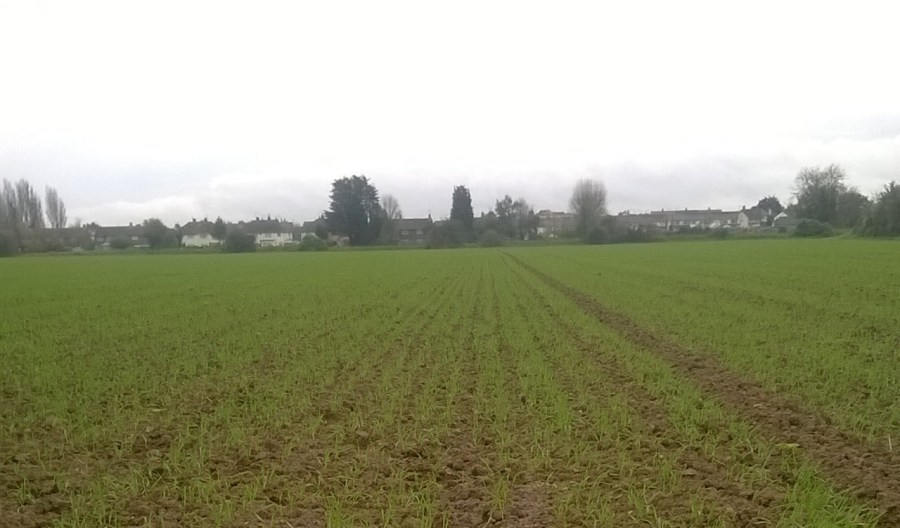Hybrid Wheat is set to solve one of the main risks associated with effective blackgrass control.
A new report from AHDB has presented ‘powerful and convincing’ evidence that delaying drilling winter wheat gives a consistent improvement in pre-emergence herbicide performance. On average, pre-em herbicides gave 26% more control when drilling was delayed by three weeks, from mid/late September to early/mid October. This improved efficacy has been attributed to lower temperatures and increased soil moisture, boosting performance.
Unfortunately, later drilling risks poorer crop establishment, with a well documented decline in tillers if drilling is further delayed due to factors such as worsening weather conditions or insufficient manpower. One solution is to increase seed rates but plants may still struggle to thrive as temperatures drop further.
Hybrid Wheat has the advantage of hybrid vigour, encouraging rapid emergence and robust development, giving reliable crop establishment regardless of autumn calendar date. There is thus no need for a significant increase in seed rates and plants are better placed to survive the winter.
John Poulton of national distributor CROPCO said:
“Growers have already used Hybrid Wheat to reduce the risks associated with later drilling for rotational reasons and have found that yields have not suffered as a result. With such clear and well documented evidence now available on the advantages of later drilling to control resistant blackgrass Hybrid Wheat is a valuable option, even on thin soils. And as Hybrid Wheat tends to be early maturing, harvest dates need not be affected.”




